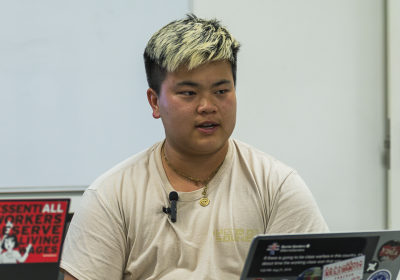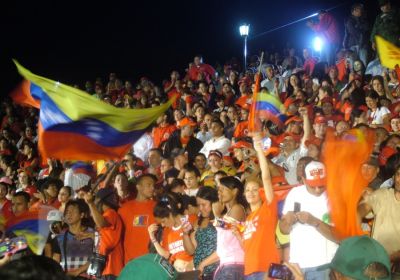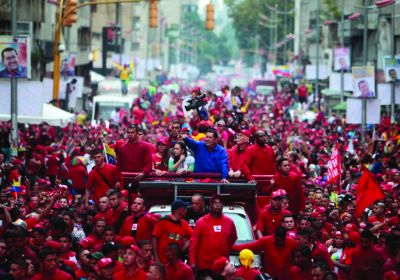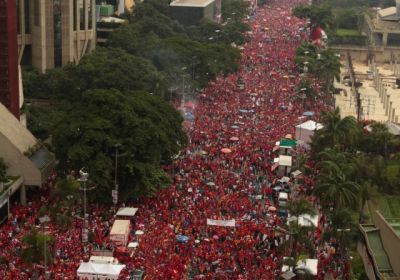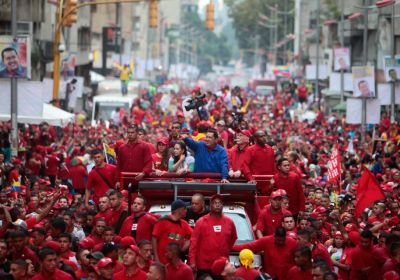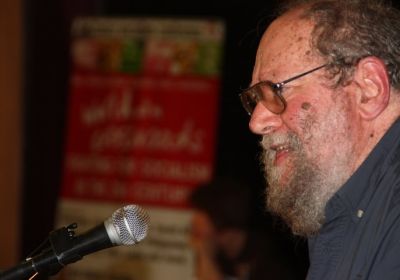
Michael Lebowitz is a professor emeritus of economics at Simon Fraser University in Vancouver and an award-winning author. His most recent book is The Contradictions of “Real” Socialism. He was director of the Program in Transformative Practice and Human Development, Centro Internacional Miranda, in Caracas from 2006-2011.
